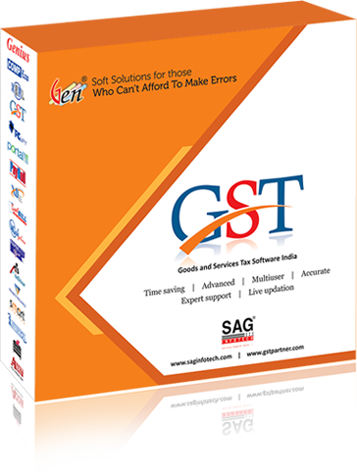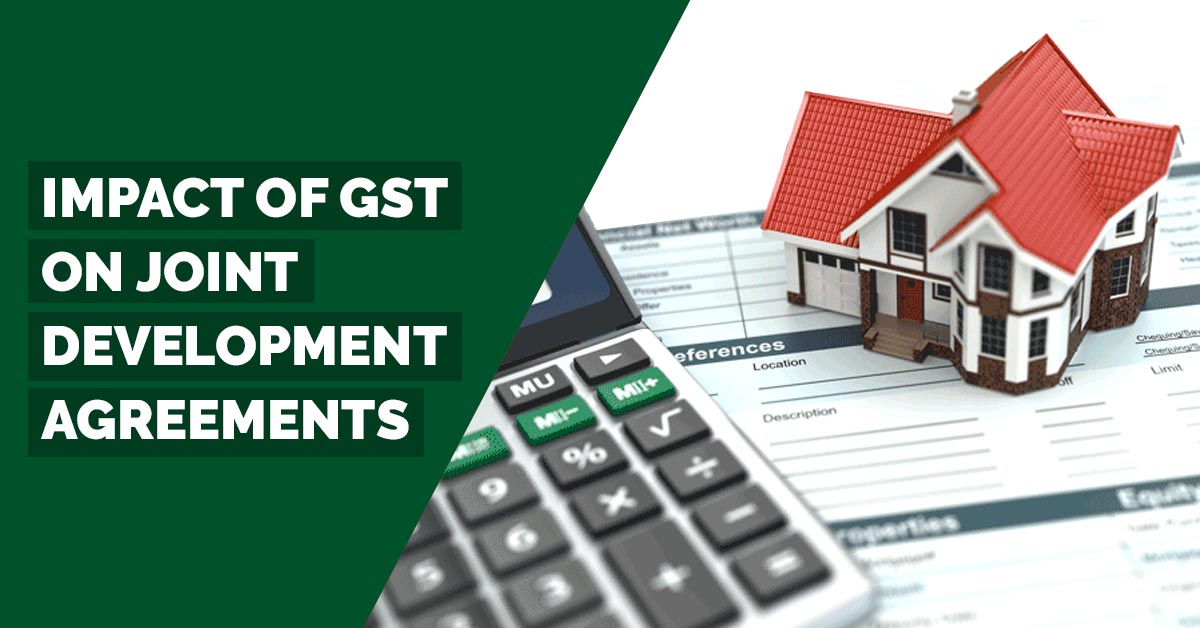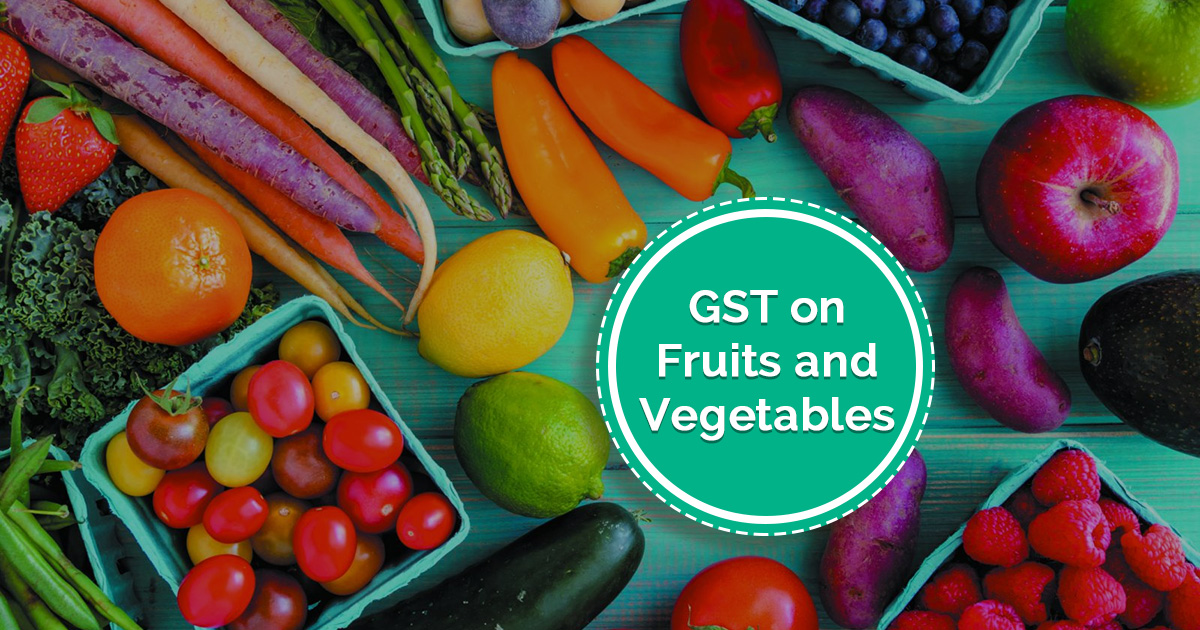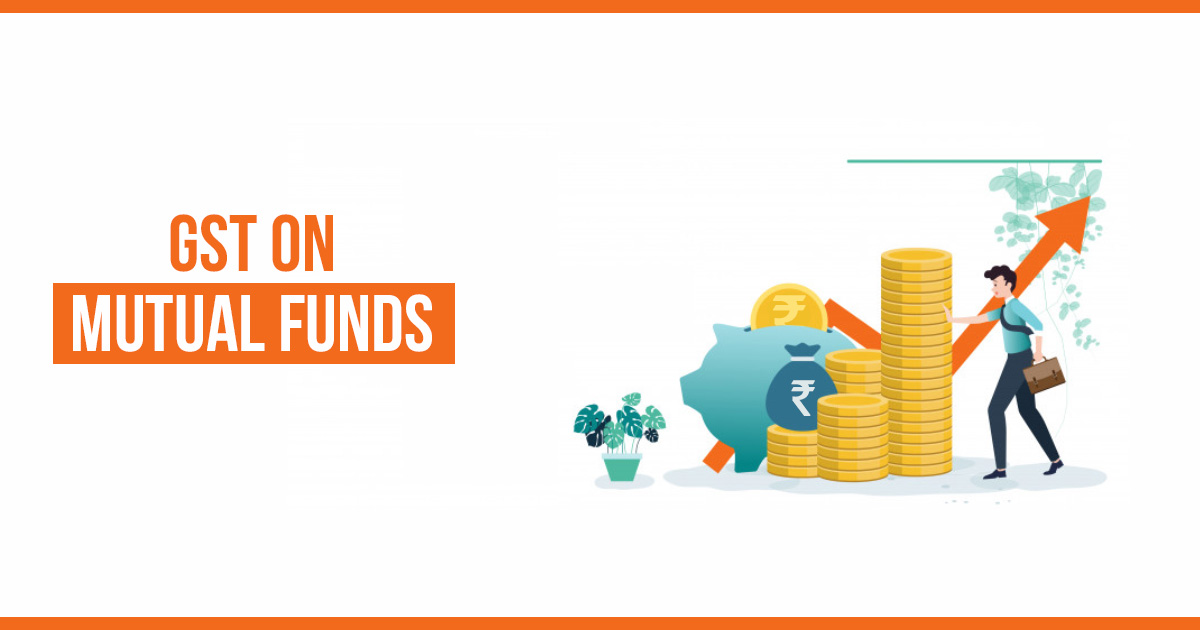Joint Development Agreements or JDAs is the most common aspect in the real estate sector. It bounds a landowner and a real estate developer in an agreement to construct new projects. The landowner provides the land to the developer while the developer arranges capital, and several approvals and licences from the government to construct the complex, building or civil structure on the land. Hereafter, the developer transfers the ownership rights of a certain percentage of the constructed area and may also charge a certain amount.
Benefits of Joint Development Agreement:
Have is a look at the major benefits of a Joint Development Agreement:
- Developer does not require any sorts of initial investment on proposed land/site.
- Possible provision of partly stamp duty avoidance.
- Property constructed with a great pace while the required capital for development depends on approval and construction need.
- Secure loan approval by pledging land, under JDA.
- Investor/landlord gets competent consideration benefit post project completion.
Also Read: GST Impact on Properties in India
Common Types of Transactions in Joint Development Agreement
Joint Development Agreement involves a few transactions and connected entities which are as follow as:
Transaction 1: Landowner – Developer
The Landowner transfers development rights to the Developer by signing the Joint Development Agreement. The developer in return promises supply of construction service of structures like complex, building and civil structure.
Transaction 2: Developer- End Customer (Third Parties)
In this transaction, the developer involves in an agreement with third parties (homebuyers) for supplying construction services. FYI, the GST is applicable only on the property transaction not on provided construction services to the homebuyers. So here in this article, we are determining the applicability of GST on the transaction between the Landowner – Developer and casting light on the impacts of GST on joint development agreement (JDA).
Recommended: Impact of GST Rates on Works Contract Services
GST Applicability to Joint Development Agreement
For the issue like the GST on Joint Development Agreement, the government had already released a notification for the real estate industry post GST implementation.
As we clarified above, the GST is applicable only on the Landowner and developer transaction. So when the JDA signed between the Landowner and developer, the Landowner becomes responsible for paying GST when the possession or the rights in the constructed complex, building or civil structure transferred to the Landowner via a conveyance deed or allotment letter.
Means, the Landowner becomes payable for GST at the provided rate of 18 per cent on such transaction post getting a constructed property from Developer in return of provided land. All this clarifies the GST impact on the joint development agreements.






